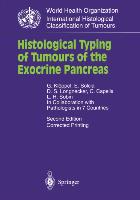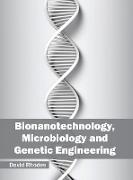- Start
- Histological Typing of Tumours of the Exocrine Pancreas
Histological Typing of Tumours of the Exocrine Pancreas
Angebote / Angebote:
This is a histological classification of tumours and tumour-like lesions of the exocrine pancreas which also includes those tu mours showing a mixture of exocrine and endocrine elements. The classification is based principally on standard microscopic observations, but whenever indicated it incorporates diagnosti cally valuable immunohistological findings. In addition, the most important immunohistological findings which are helpful in cat egorizing pancreatic tumours are summarised in Table 1. The major guideline of this classification scheme is the group ing of the pancreatic exocrine tumours according to their biologi cal behaviour. Thus, the neoplasms are broadly divided into benign (adenoma) and malignant tumours (carcinoma). How ever, in recent years we have learned that this division is not a sharp but rather a gradual transition. We therefore added a third group which we call "tumours of uncertain malignant potential" representing a borderline category analogous to that recognized for some ovarian tumours. This group includes mucinous cystic tumour, intraductal papillary-mucinous tumour and solid pseudopapillary tumour. These neoplasms are defined by the grade of dysplasia and/or potential to become malignant. Mucinous cystic tumours of uncertain malignant potential, for instance, exhibit moderate epithelial dysplasia, but do not show severe dysplasia/carcinoma in situ changes, nor carcinomatous invasion of the cyst wall or the adjacent pancreatic tissue. Solid pseudopapillary tumour has a benign looking histological ap pearance, but metastases may occur. Biologically, all these neoplasms are primarily slow-growing lesions and have an excel lent prognosis when adequately treated by complete resection.
Folgt in ca. 5 Arbeitstagen




